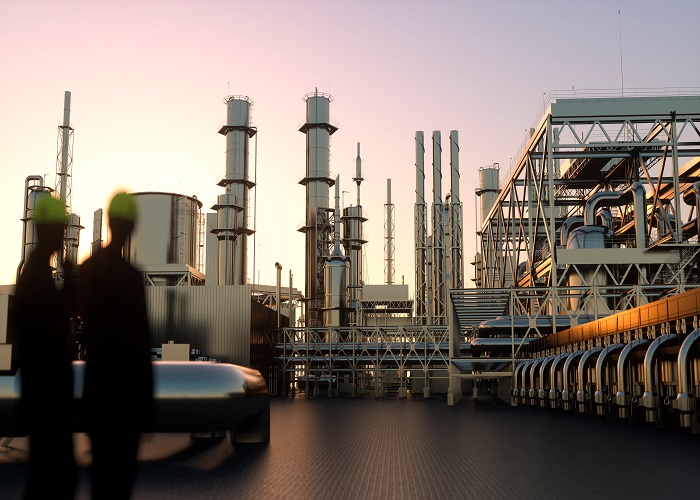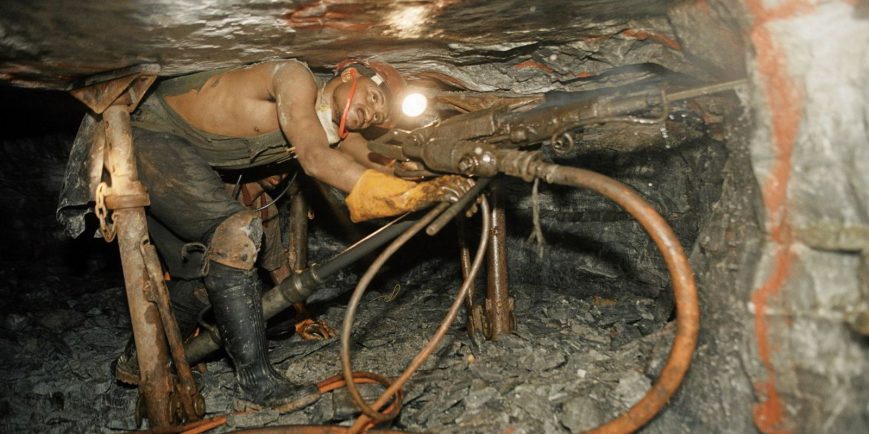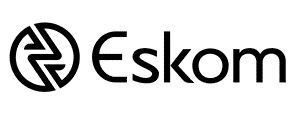
…continued from Part 1.
“Anything that we can do to help manage inflationary pressures, and to ensure a manufacturer can get their products to market cost-effectively – so that their customers can affordably access what they need – is always a good thing,” says Associated Energy Services (AES) commercial director, Dennis Williams, in this, the second of a two-part article,
Steam and sustainability
The next area where AES can make a difference is by developing a client’s thermal energy efficiency plans, and also by looking at how to replace their so-called ‘dirty’, carbon-intensive fuels – such as coal – with ‘greener’, less carbon-intensive ones, to address their carbon footprint and sustainability goals.
Williams notes that the European Union recently (in October 2023) introduced stringent carbon border tariffs. Consequently, companies wishing to export chemicals must prepare to meet these strict requirements, and a specialised auditor is required to oversee the regulatory process.
AES can advise on adjustments to client’s energy plant and operations to ensure compliance. “For instance, we can offer alternative, less carbon-intensive fuels, or advise on renewable energy sources – such as biogas or biomass – or provide a sustainable energy mix. We can furnish the operational data for the client to submit to their auditors too, ” he explains.
However, it is not as simple as flipping a switch, he advises: “Typically, chemical plants are frequently very energy-intensive, featuring legacy operational footprints and equipment. Traditionally, South Africa’s large thermal energy users have relied on coal or heavy residual fuels due to cost and availability. Despite these factors, there is still an opportunity for plants to be optimised to reduce carbon intensity and improve efficiency. This is where AES facilitates the application of plant management methodologies and oversights to reveal generation benefits for the client.”
When it comes to a fuel change, AES has 3 decades’ worth of technical knowledge and experience. The company operated a biomass power station for almost 10 years with 6MWe capacity, and has also executed several technical solutions in this space.
“We are solutions-, technology- and fuel-agnostic, so we can generate steam using multiple fuels. For example, we have clients where we can generate steam using their own by-products which, under other circumstances, would simply have been disposed of, often at cost. We increase the efficiency of the overall thermal energy process for our clients,” Williams points out.
Sustainability is also an ever-changing space. “Shortages of natural gas are currently being predicted, which will see AES finding alternative sources of energy for our existing clients which utilise natural gas. This is where our accrued benefit of technical expertise and on-site industry experience really comes to the fore,” he says.
The cornerstone of steam
Williams admits that, in the chemical sector – where manufacturing is more complex and to an extent differs from other kinds – steam can either play a direct or an indirect role in the overall process, and AES works closely with its clients to arrive at the right solution.
“Thermal carriers are common to all chemical industries but, in our service level agreements, we include services which are operationally tailored to the individual client: some may have a continuous offtake which is constant and predictable; while others may operate in batches based on demand. We could have different processes running concurrently, with a lead-time for demand. We design thermal systems that are customised for the client, and often we can offer strategic input in their processes. What we have developed – which is an innovation for our industry – is a system which is applied where steam is provided from multiple boilers. Effectively, it is a load-balancing system across the boilers which has delivered significant improvements in efficiencies and visible emissions,” he says.
Overall, the AES’s competitive edge comprises technical know-how, experience, depth of institutional memory and wide-ranging ongoing research. The company is able to focus on steam production in a way that most clients would simply not be able to do if this remained under their own management.
Risky business
Notwithstanding these considerations, Williams adds that the crux of the matter will always be the provision of skilled human resources.
“We cannot get away from the importance of skills in energy efficiency management, however equally, we cannot ignore the prevailing shortage of technical skills in South Africa: not only when it comes to expertise, but also industry experience. The challenge is that these shortages can spill over into the substantial area of risk mitigation. The key part of what we do is to mitigate operational risks. We have, over 30 years, developed the baseline knowledge to successfully do this.
In fact, AES’s ISO 9 001, 14 001 and 45 001 certifications are specifically for plant operations and maintenance. Once we have the workflows set up, we make room for the inevitable project variants and we manage that risk. The chemical sector is broad field – there are fuel risks, flammable gases and liquids, emissions, hazardous chemicals, health and safety considerations and compliance requirements – right through to carbon tax.
Therefore, as a company, we invest heavily in our people, and in the training and development of staff on-site in the client’s energy plants. This is a crucial aspect of the value-add that we offer – particularly in a sector as dynamic and challenging as the chemical manufacturing industry,” he concludes.
More news
- CELEBRATING EXCELLENCE IN THE RESIDENTIAL PROPERTY SECTOR
- PART 4: GIBS PANEL DISCUSSES INTEMEDIATE CITIES ROLE IN AFRICA’S DEVELOPMENT
- EXPOSED AGGREGATE PAVERS COMPLEMENT NEW LIFESTYLE CENTRE
- GIBS PANEL EXPLORES ROLE OF INTERMEDIATE CITIES IN SA’S DEVELOPMENT PART 3
- CITI-CON’S CONCRETE KNOWLEDGE SUCCESSFULLY DEPLOYED ON NEW LANDMARK DEVELOPMENT





